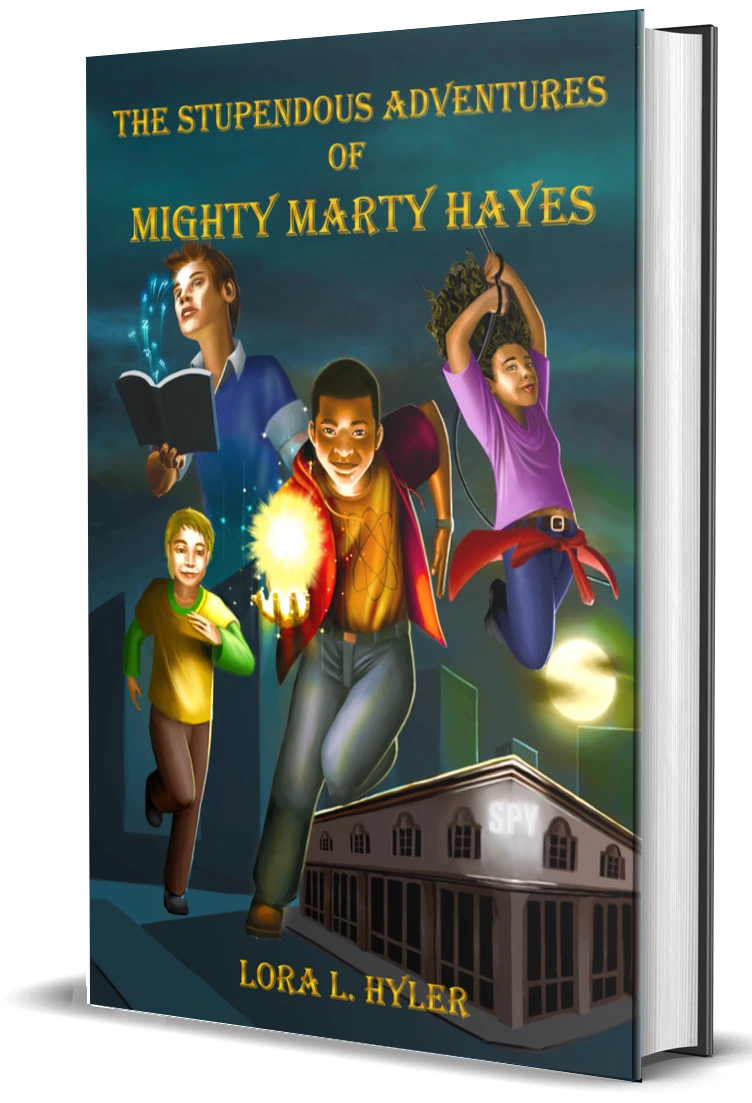Evan Casey
Milwaukee Journal Sentinel
As a child, Lora Hyler heard stories about her uncle while growing up in the 1970s.
Now, as an adult, she’s telling his story herself.
Lora Hyler is the niece of Zeddie Hyler, the first Black man to build a home and live in it in Wauwatosa.
He met fierce backlash from many residents after his attempt in 1955. But some residents, including 39 women of the city, helped him with his quest.
That’s what Hyler’s essay “The Bill of Rights, One College-Educated Negro Man, and a 1955 Protest by 39 White Wauwatosa Women,” is about.
Hyler shares her uncle’s story, as he endured threatening phone calls, rocks and insults being hurled at him, damage to his home and more — all over his decision to build a home and live in it.
After Hyler built the frame for his home, vandals damaged it. He repaired it, only to find it burned to the ground the next day.
He ultimately built his home and lived in it until he died in 2004.
“I think one of the things he was great at was getting people to really question the status quo, including the city of Wauwatosa, and he really got people to ask some really difficult questions about why things were the way they were and so he really spurred quite a bit of change,” Hyler said of her uncle.
Hyler, who is a children’s book author, recently won first place for the essay in the nonfiction category for the Wisconsin Writer’s Association 2021 Jade Ring contest.
The essay will soon be published in an anthology by the Wisconsin Writers Association.
She hopes the essay and other books she’s published will encourage children to tell their own stories.
“As a writer of color, I’m very much interested in telling my stories in a way that really gets children to see that great change can come through writing,” Hyler said. “And they should think about becoming avid readers and writing their own stories. I’m very much trying to influence that generation.”
Putting the pieces together
Hyler, who lives in Glendale, grew up slowly learning more and more about her uncle. After her uncle died, she was the executor of his estate.
“There was quite a bit to sort through, but the beauty of it was, he had some wonderful archival documents that included old Milwaukee newspapers, Journal stories that were written about him,” Hyler said.
Those documents helped her learn more about his life and the troubles he endured in Wauwatosa.
It also helped her write her award-winning essay.
“It wasn’t until I got a chance to push through all the documents after Uncle Zeddie passed in 2004 that I started to think, wow, this is a life well-lived. This is some great history that I’m looking at,” she said. “This is his life, in several boxes.
“Being a professional storyteller, I had it in the back of my mind that I needed to do something with this, and so, over the last few years, I started to think about these stories more.”
Hyler wrote her first children’s book, “The Stupendous Adventures of Mighty Marty Hayes,” in 2018. She also wrote a children’s book in 2020 about the coronavirus pandemic, “Our Bodies Stay Home, Our Imaginations Run Free.”
Last year, she participated in a writing workshop with other authors. She wrote about her uncle for one assignment and received glowing reviews from others in the workshop.
She decided to write an essay about his life.
Hyler found a 1955 Milwaukee Journal article that discussed a petition signed by 39 white women in Wauwatosa supporting her uncle’s mission to build a home there.
“They all came together on one accord creating this document and then basically understood that this was all getting published in the local newspaper, and a lot of their neighbors were going to disapprove greatly, and they went forward with it,” Hyler said. “So imagine the bravery of those women.”
In the essay, Hyler wrote about those women, and how her uncle’s home was finally built.
Zeddie’s story
Anticipating that no real estate agent would sell property to him, Zeddie Hyler had one of his white friends buy the property and sell it to him in 1955.
But a Wauwatosa committee rejected his building permit because of neighbors’ concerns.
After community groups expressed outrage, the committee overturned its decision, finally allowing him to build his home.
After he built the frame for his home, vandals burned it to the ground.
The circumstances led Hyler to ask his friends and family to camp out in the exposed basement overnight, in case of another attack on his property. Although the attack never came, Hyler had still endured his fair share of fighting to even begin construction.
Shortly after he moved in, “for sale” signs popped up all over his neighborhood, and Hyler endured dozens of threatening phone calls. He even had a rock fired at him with a slingshot.
The home, at 2363 N. 113th St., received historic designation in 2019 — 64 years after it was built. Wauwatosa Mayor Dennis McBride led the charge for the designation.
“It’s very gratifying to see the home that he went through so much to build received a historic designation,” Lora Hyler said.
Untold stories
Hyler plans to publish two more books in 2021.
One will be the second book in her series following “The Stupendous Adventures of Mighty Marty Hayes.”
The second book will be a project published with SHARP Literacy. She’ll be the lead writer for the book, which will focus on celebrating diverse cultures and communities within Wisconsin, Hyler said.
Hyler said she’s been blessed to have a platform through her writing.
Her first children’s book was about a multicultural group of superheroes in middle school who work with gene-editing technology in their advanced science classroom.
“I’m really trying to influence not just the next generation of writers, but also try to get children of color interested in science,” she said.
Going forward, Hyler said she’s making it a point to tell more untold stories.
“One of the things I intend to do going forward is making sure that I’m helping to contribute to the collective of stories that are now being written that deal with these untold stories that definitely need to find an audience, and we definitely want children growing up hearing the very positive stories about their people’s contribution to American history because that instills a sense of pride; you get your self-esteem when you can see yourself within the pages of a book,” Hyler said.

